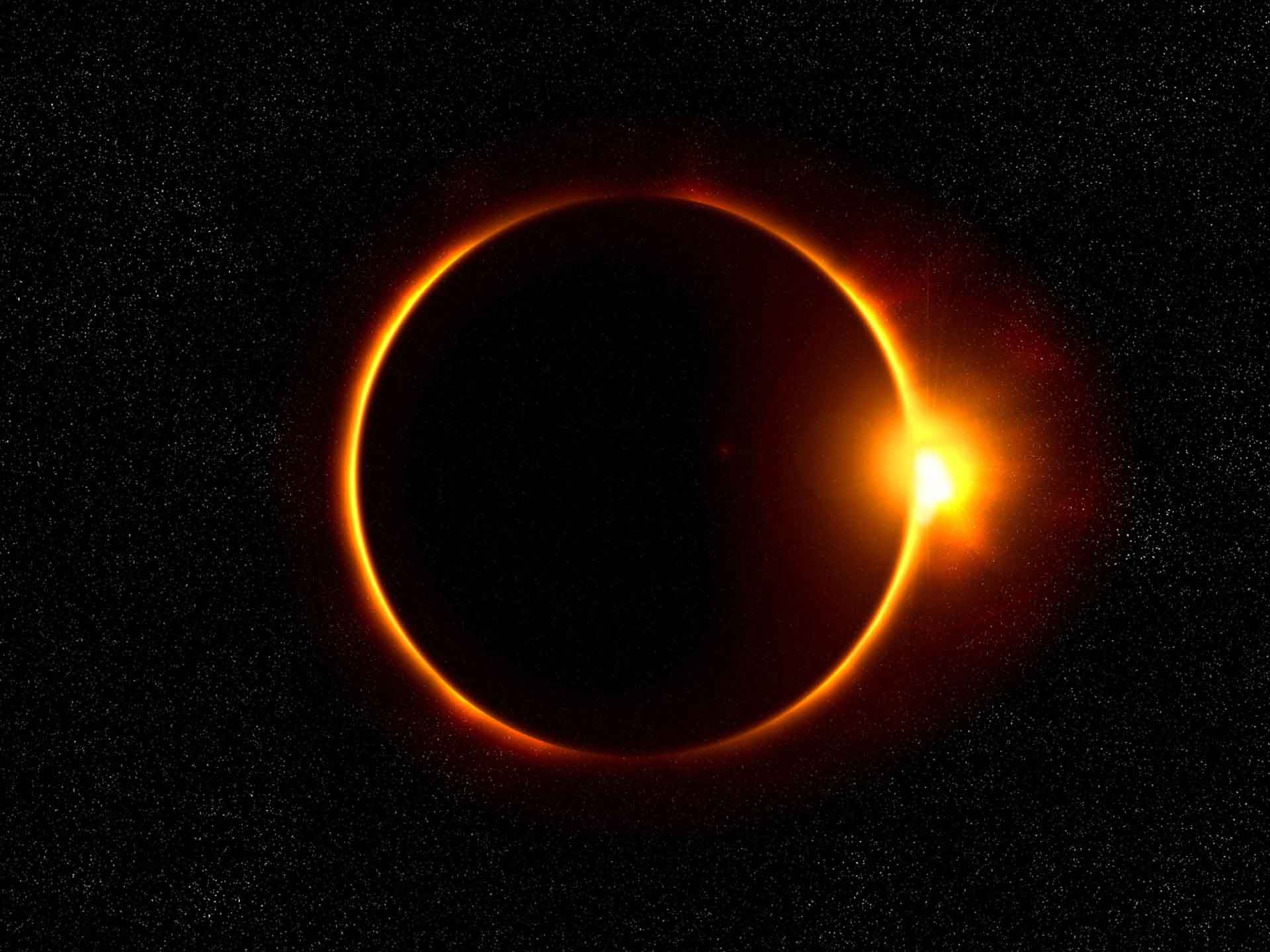Solar eclipse: Eye health warning
What is a Solar Eclipse?
A solar eclipse is a natural phenomenon that occurs when the moon passes between the sun and the earth, causing the sun to be partially or fully obscured. Solar eclipses are spectacular sights that have fascinated people for thousands of years. However, it’s important to note that looking directly at the sun, even during an eclipse, can cause serious eye damage.
Eye Health Risks During Solar Eclipses:
Why is it Dangerous to Look Directly at the Sun? The sun emits harmful ultraviolet (UV) and infrared (IR) radiation that can damage the retina, the part of the eye that is responsible for vision. Prolonged exposure to the sun, even during an eclipse, can cause “eclipse blindness” or retinal burns, which can result in permanent vision loss.
How to Protect Your Eyes During Solar Eclipses:
Safe Viewing Techniques The safest way to view a solar eclipse is to use approved solar viewing glasses or handheld solar viewers. These special-purpose filters block out harmful UV and IR radiation, allowing you to safely observe the eclipse.
It is also possible to project an image of the sun onto a surface using a pinhole projector. To make a pinhole projector, you will need two pieces of cardboard or paper, a pin, and a sunny day. Punch a small hole in one of the pieces of cardboard using the pin, and hold the second piece of cardboard behind it. The sunlight passing through the hole will project an image of the sun onto the second piece of cardboard.
Unsafe Viewing Methods Never look at the sun through regular sunglasses, even if they are darkly tinted. Regular sunglasses do not block out enough harmful radiation to make them safe for solar viewing. It’s also not safe to look at the sun through a camera, telescope, binoculars, or any other optical device unless you have a proper solar filter attached. Doing so can cause serious damage to your eyes and result in permanent vision loss.
Symptoms of Eye Damage:
What to Look Out For If you suspect that you have suffered eye damage after viewing a solar eclipse, it is important to seek medical attention immediately. Common symptoms of eye damage include:
- Blurred vision
- A central blind spot in your vision
- Color vision changes
- Pain or discomfort in the eyes
- A headache
- Nausea or vomiting
Conclusion:
In conclusion, solar eclipses are fascinating events that should not be missed. However, it is important to protect your eyes and avoid looking directly at the sun, even during an eclipse. The safest way to view a solar eclipse is to use approved solar viewing glasses or handheld solar viewers. If you suspect that you have suffered eye damage after viewing a solar eclipse, seek medical attention immediately. Remember to always take care of your eyes and protect them from harmful radiation.





I love reading an article that can make men and women think. Also, thanks for allowing for me to comment!
Hello! Thank you for taking the time to read our article. We’re glad that it made you think and we always appreciate feedback and comments. We believe that discussion and engagement are important parts of learning and growth, so we welcome your comments and look forward to hearing from you. Thank you!